A proposed class action lawsuit filed against Apple today accuses the company of violating U.S. antitrust law by ensuring that Apple Pay is the only available mobile wallet for making tap-to-pay payments with an iPhone, iPad, or Apple Watch.
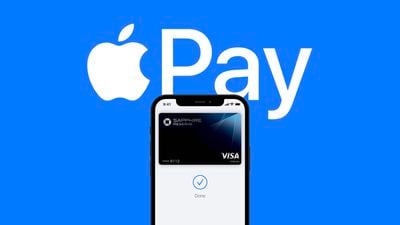
The complaint, filed by law firms Hagens Berman and Sperling & Slater, alleges that Apple is illegally profiting at least $1 billion annually by blocking rivals from accessing NFC technology on its devices, thereby preventing competing services like Google Pay or Samsung Pay from offering tap-to-pay payment functionality on Apple devices.
For every Apple Pay transaction completed with a U.S. issuer's payment card, the issuer must pay Apple a fee of 0.15% for credit cards and half a cent for debit cards, the complaint alleges. By comparison, Google allows multiple mobile wallets on Android smartphones and does not collect a fee from U.S. card issuers for tap-to-pay payments.
"When you compare the functionality of Apple Pay to mobile wallets available on Android devices – Google Pay, Samsung Pay – you're essentially holding up a mirror; they are essentially identical," said Steve Berman, Hagens Berman co-founder and managing partner. "And yet, the same service on Android that card issuers pay absolutely nothing for costs them a collective $1 billion annually through Apple Pay."
Apple would not be able to sustain its "substantial fees" for Apple Pay transactions if the service faced competition on Apple devices, the complaint argues.
Filed in U.S. district court in Northern California, the complaint specifically accuses Apple of multiple violations of the federal Sherman Act by "tying" Apple Pay to its mobile devices and monopolizing the "tap and pay iOS mobile wallet market."
The complaint seeks monetary relief for all U.S. card issuers that paid Apple a fee for any Apple Pay transaction made with any of its payment cards.
Hagens Berman said this is the third time it has sued Apple for antitrust violations. In 2015, the law firm secured a combined $560 million settlement against Apple and publishing companies regarding price fixing of e-books, and earlier this year it secured a $100 million settlement from Apple on behalf of iOS developers who alleged that Apple's then-standard 30% commission on App Store purchases was excessive.
Apple Pay has faced similar scrutiny in other regions, including Australia and Europe. In May, the European Commission informed Apple of its preliminary view that it abused its dominant position in the "mobile wallets on iOS devices" market by limiting access to NFC technology on Apple devices for contactless payments in stores.
The full complaint is available in PDF format on the Hagens Berman website.


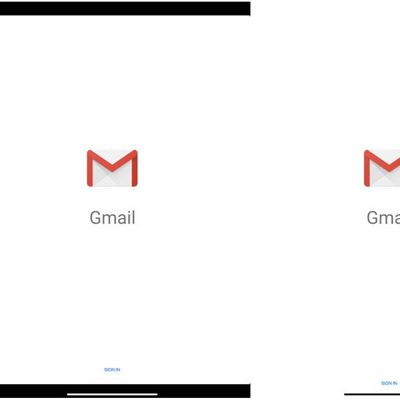



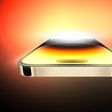

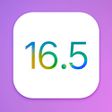


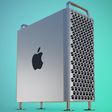

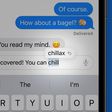
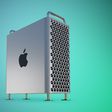



Top Rated Comments
You have a choice - buy an android phone - more people do.